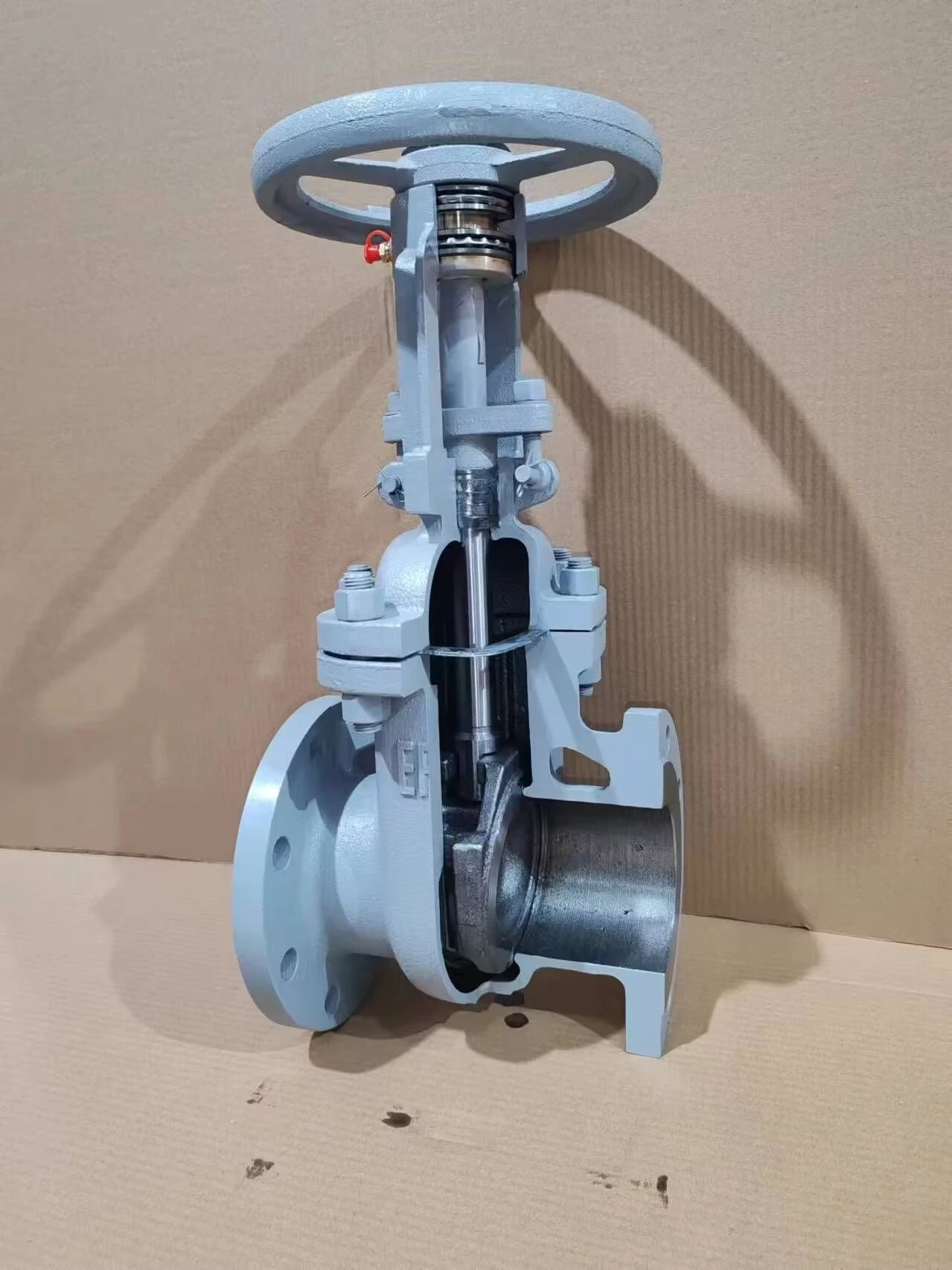Ball Valve with Cast Iron Body and Valves for Reliable Performance and Durability
Understanding Ball Iron Cast Valves An Essential Component in Modern Industry
In the realm of industrial applications, valves play a crucial role in controlling the flow of fluids and gases. Among the various types of valves available, ball iron cast valves stand out for their robustness, reliability, and versatility. This article delves into the characteristics, advantages, applications, and considerations associated with ball iron cast valves.
What are Ball Iron Cast Valves?
Ball valves are designed with a spherical disc, or ball, that controls the flow of fluid through it. The ball features a bore, allowing fluid to pass through when aligned with the flow direction. When the valve is closed, the ball rotates to block the flow. Iron cast valves, specifically, are made from high-quality cast iron, which provides durability and strength, essential for high-pressure and temperature environments.
Characteristics of Ball Iron Cast Valves
1. Material Strength Cast iron is known for its excellent mechanical properties. Ball iron cast valves can withstand high pressure and are resistant to wear, making them suitable for demanding applications such as water treatment, oil and gas, and chemical processing.
2. Corrosion Resistance Modern coatings and treatments enhance the corrosion resistance of cast iron valves, enabling them to perform well in aggressive environments. This trait is vital for maintaining longevity and reducing maintenance costs.
3. Versatility Ball iron cast valves come in various sizes and designs to suit different applications. They can be found in industries ranging from pharmaceuticals to agriculture, demonstrating their adaptability.
4. Ease of Operation Ball valves require only a quarter turn to open or close fully, making them easy to operate. This feature leads to quicker response times in critical applications.
Advantages of Ball Iron Cast Valves
1. Flow Efficiency Due to their design, ball valves provide minimal resistance to flow. This characteristic reduces energy consumption and operational costs, making them an efficient choice for many processes.
2. Tight Sealing Ball valves offer excellent sealing capabilities, preventing leaks even under high pressure. This property is essential in industries handling hazardous materials, where safety is a priority.
3. Low Maintenance The simplicity of ball valve construction often translates into lower maintenance requirements. With fewer moving parts and resistance to fouling, these valves are reliable in various conditions.
4. Operation in Extreme Conditions Ball iron cast valves can perform admirably in extreme temperatures and pressures, thus serving as a reliable choice for industries that require rigorous operational capabilities.
ball iron cast valved

Applications of Ball Iron Cast Valves
Ball iron cast valves are utilized across a wide range of sectors and applications, including but not limited to
- Water Systems In municipal water supply and sewage systems, these valves help manage the flow and pressure of water effectively. - Oil and Gas Industry They play a significant role in upstream and downstream processes, controlling the flow in pipelines and storage facilities.
- Chemical Processing Their ability to handle corrosive fluids makes them essential in chemical manufacturing and processing plants.
- HVAC Systems Used in heating, ventilation, and air conditioning systems, these valves help regulate flow and maintain system efficiency.
Considerations When Choosing Ball Iron Cast Valves
When selecting ball iron cast valves for a specific application, several factors should be considered
1. Temperature and Pressure Ratings Ensure that the chosen valve meets the specifications for temperature and pressure within the application.
2. Compatibility with Fluids Assess whether the materials used in the valve construction are compatible with the fluids being transported.
3. Installation Space Consider the physical dimensions and required space for installation and maintenance of the valve.
4. Regulatory Compliance Check for adherence to industry standards and regulations pertinent to the application to ensure safety and efficiency.
Conclusion
Ball iron cast valves are indispensable components across various industries due to their strength, operational efficiency, and reliability. Understanding their characteristics, advantages, and applications can aid engineers and decision-makers in selecting the right valves for their specific needs. With the continuous advancement in materials and technology, ball iron cast valves will undoubtedly remain relevant and essential in industrial applications for years to come.
-
3-types-of-check-valves-maintenance-tipsNewsAug.23,2025
-
ball-valves-types-with-trunnion-mounted-designNewsAug.23,2025
-
butterfly-valve-company-production-capabilitiesNewsAug.23,2025
-
fisher-globe-valve-technical-specificationsNewsAug.23,2025
-
types-of-gaskets-for-flanges-selection-guideNewsAug.23,2025
-
wedge-gate-valve-suppliers-quality-standardsNewsAug.23,2025
-
Breakthrough in Domestic Low Temperature Valve Technology in ChinaNewsAug.18,2025




